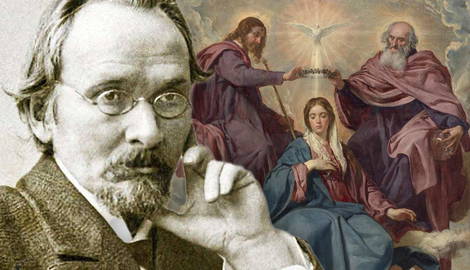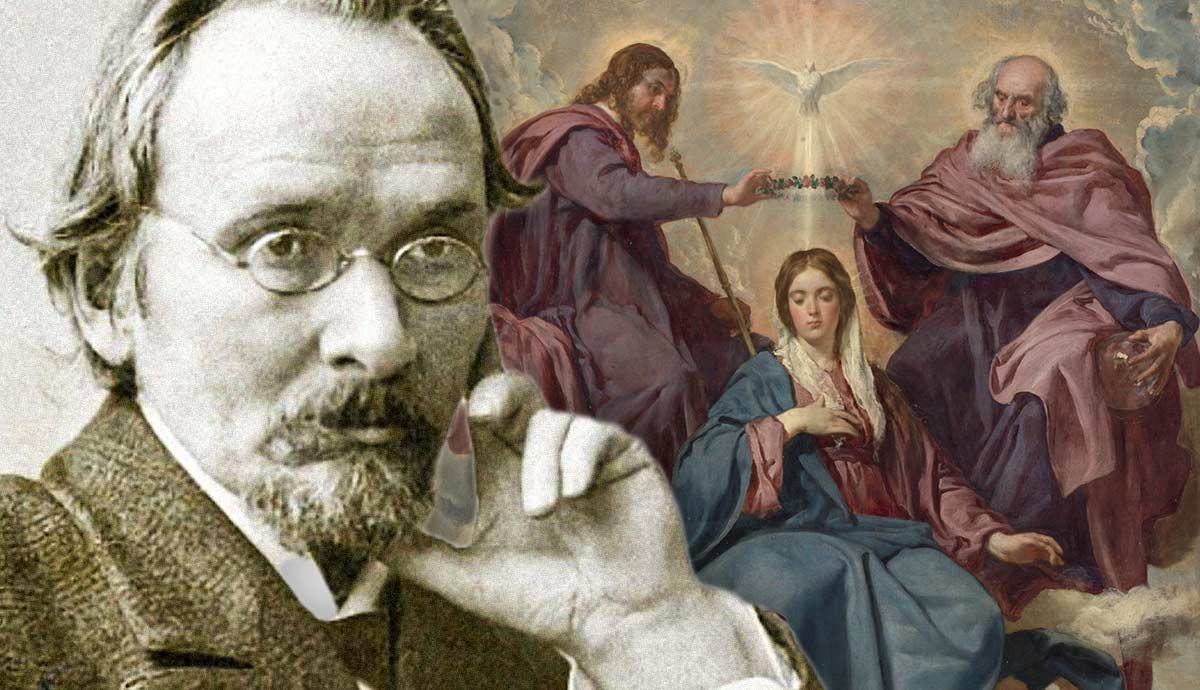
Vasily Rozanov is a little-known name outside of Russia. However, his influence on Russian philosophy is undeniable, despite his often controversial views. Rozanov was a family man who was always on the side of the oppressed. Although he strove to help others and to be what he called “a small man,” he expressed some opinions that were considered to be heretical by his fellow Russians during the early 20th century.
Life and Works of Vasily Rozanov
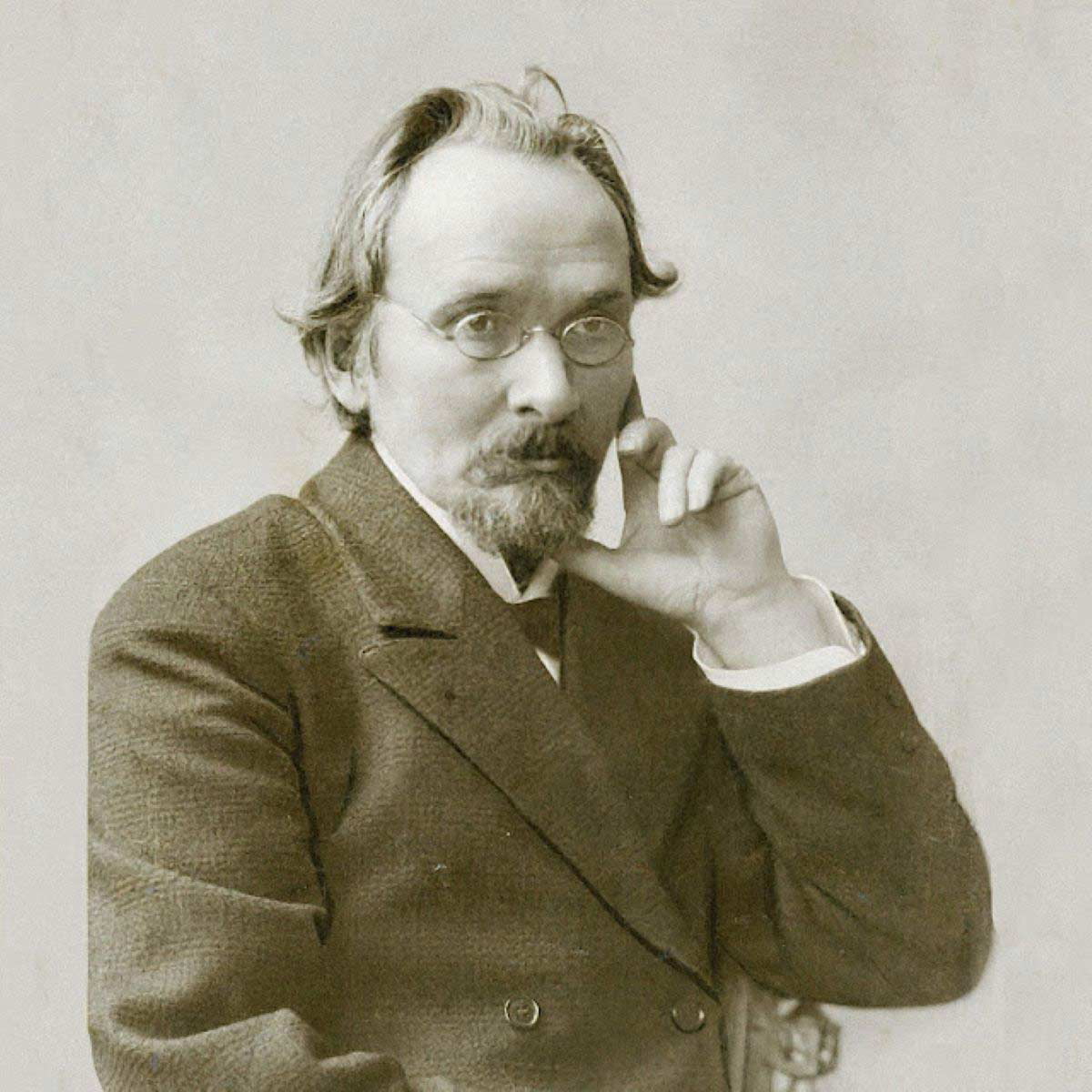
Vasily Vasilyevich Rozanov was born in 1856 in Vetluga, a small Russian town. He spent his childhood in poverty, but his family’s situation improved when they moved to another city called Simbirsk. There, he was educated in the same school where his older brother was a teacher. In 1878, Rozanov enrolled in Moscow University and began writing philosophical works while enjoying literature from the likes of Fyodor Dostoevsky. After his studies, Rozanov actually married Apollinaria Suslova, Dostoevsky’s former lover. The marriage did not end well. Suslova left Rozanov but refused to give him a divorce. Later, he illegally married another woman, Varvara Dmitrievna Butkevich, with whom he had five children. To escape the tumult of the Russian Revolution, he fled to Serpukhov, a city near Moscow, where he died of starvation in 1919.
Rozanov wrote a lot, and his writings included many contradictions. His first work was On Understanding, but that one did not grab the Russian public’s attention. Eight years later, in 1894, he published his most famous study, The Legend of the Grand Inquisitor, about the story of the Grand Inquisitor featured in Dostoevsky’s novel The Brothers Karamazov. Rozanov’s other writings include The Place of Christianity in History, Religion and Culture and Apocalypse of Our Time.
After the Russian Revolution, none of his writings were published in Russia, though some of his papers appeared in Western Europe. Since the 1990s, publishers have started to print his works in Russia, and many philosophers have begun to discuss them. Rozanov’s controversial but great works continue to inspire people, but not many people outside of Russia are familiar with his name.
The Relationship Between Philosophy and Religion
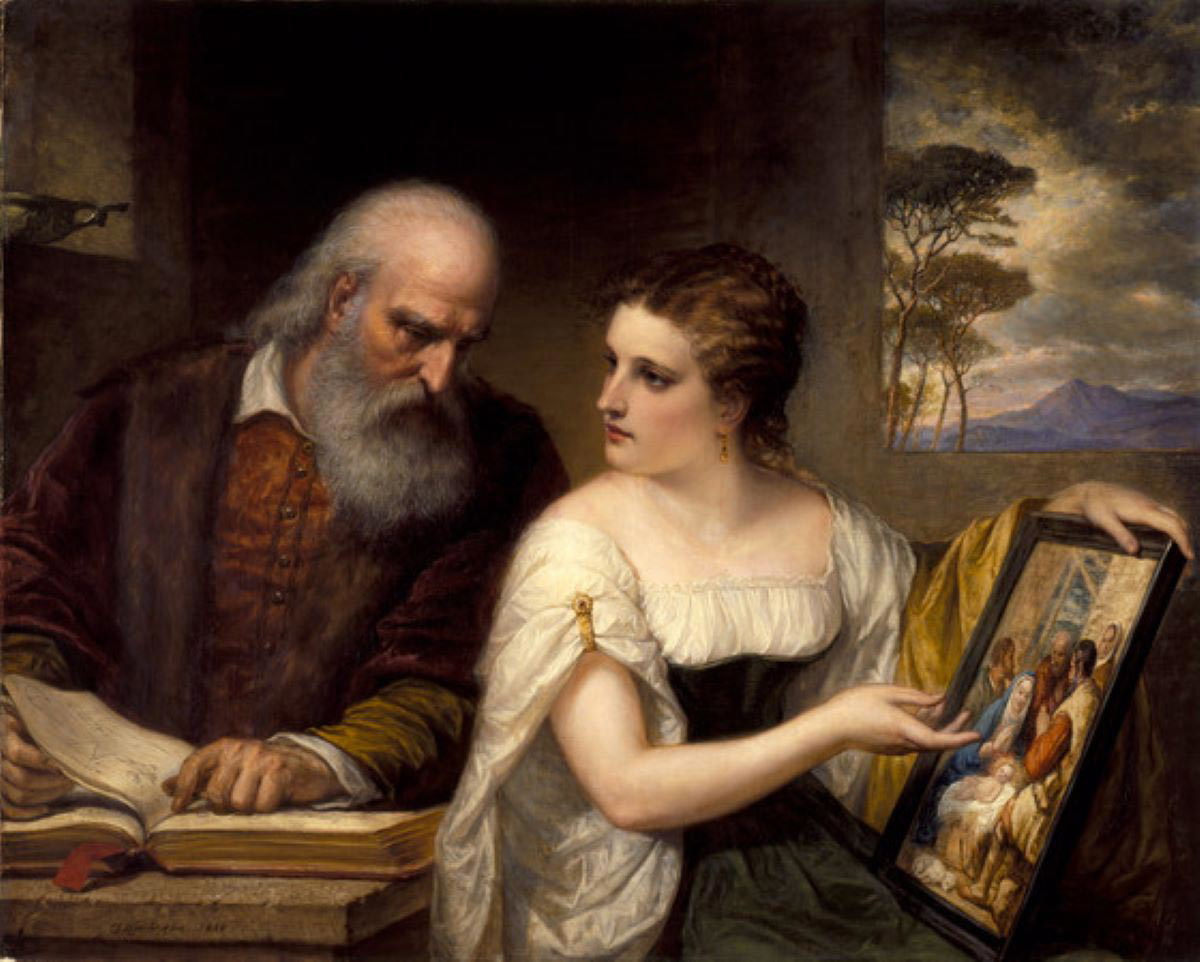
Rozanov was, above all, a religious philosopher. Before we explore his ideas, it is good to discuss the relationship between philosophy and religion. After all, right from the birth of philosophical study, philosophers have always ventured into metaphysics, a branch of philosophy which studies the nature of abstract concepts such as being, knowing and truth. Instead of viewing religion as a delusion worthy of rejection for the sake of truth, philosophy takes religion as a form of human thinking. It sees the importance of religion in the history of human thought and so asks questions about its origins, meaning, and destiny.
From the earliest times, religion varied from nation to nation. What these religions had in common was that they were all deeply intertwined with philosophy. For example, in ancient Greece, the birth of philosophy was a spiritual revolution. But it was also part of the elite. The elite—philosophers who talked or wrote about religion—were sometimes considered atheists because they often neglected popular religion for the religion of the mind. And non-recognition of popular religion meant non-recognition of society itself. We can see then how philosophy and religion came together and how important it was to question faith and God(s).
Much later, when we talk about Rozanov and Christianity, theology became specifically a Christian discipline or the science of faith in terms of teaching about one Christian God. As a subject, this teaching has Christian faith, which tells us that God reveals himself through the Bible.
Rozanov’s Thoughts on Religion and Sexuality
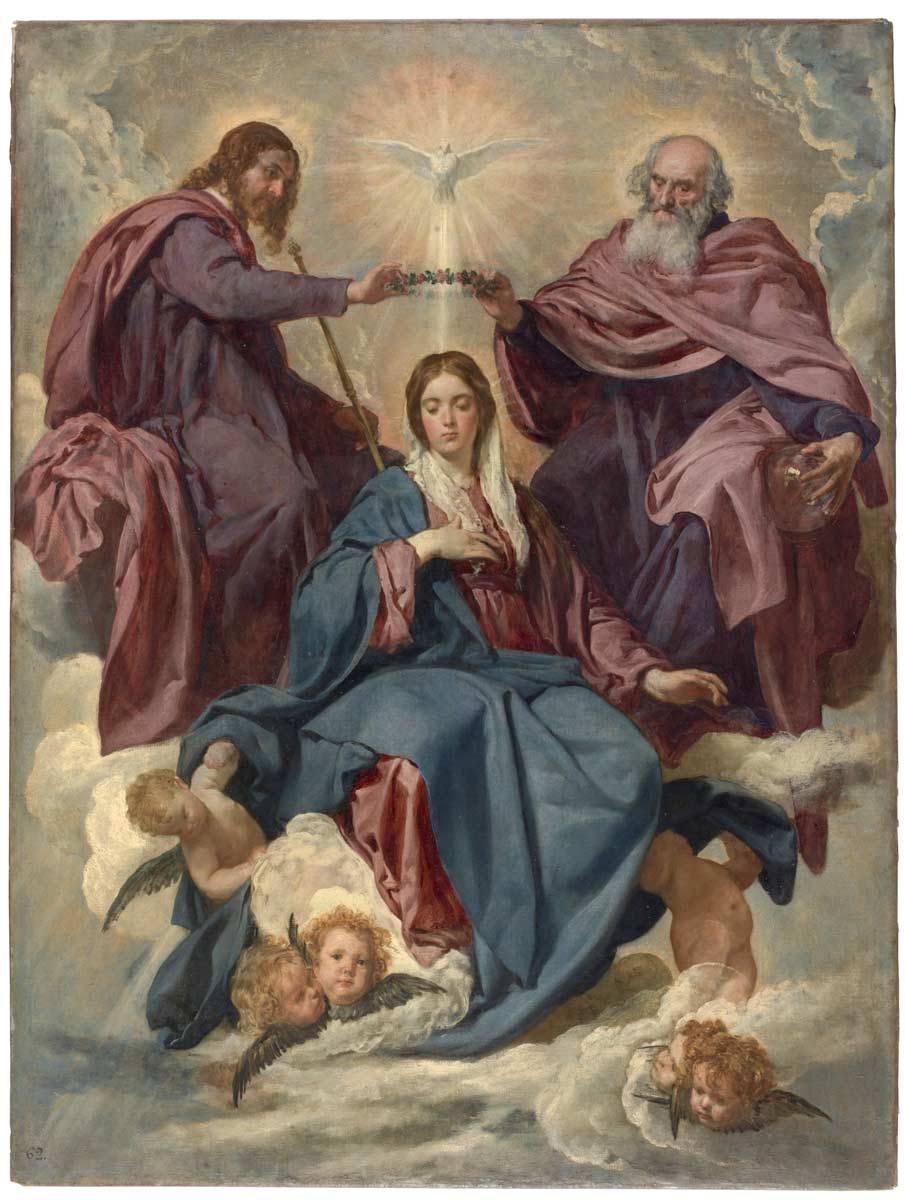
There is no me outside of God.
-Rozanov
Although enigmatic, Rozanov wrote with great passion, exploring many philosophical ideas. Some of them are the meaning of Christianity in culture, the role of sexuality in an individual’s daily life, and the question of Russia and its place in history. Rozanov had a deep personal connection with God and thought that intimacy was the only way to find peace. However, he had some paradoxical sayings on the subject of religion, and specifically the teachings of the Russian Orthodox Church.
Rozanov loved Christian tradition and found it to be very spiritual, but he was critical of the church, especially the Orthodox church. He thought that church was very strict and, in some ways, life-denying. Rozanov wrote a lot about the relationship between religion and sexuality. In 1911, he published In Dark Religious Light, where he discussed how the religion of sex was life-affirming, and aimed to celebrate intimacy and sexuality. This all faded by the coming of Christianity, or Christ himself, since with Christ’s arrival, the focus shifted to celibacy and asceticism. Rozanov even claimed that Christ had a dark face that deprived people of joy.
Rozanov was also scared of death, and said that individuals should enjoy life more, primarily through intimacy, and that they should explore their sexuality. He also believed that fertility is one of the most important things in life. And because of that, the church should celebrate marriage consummation. For many, that was the heretical thinking of one religious philosopher, and he became deeply unpopular.
Judaism and the Beilis Case
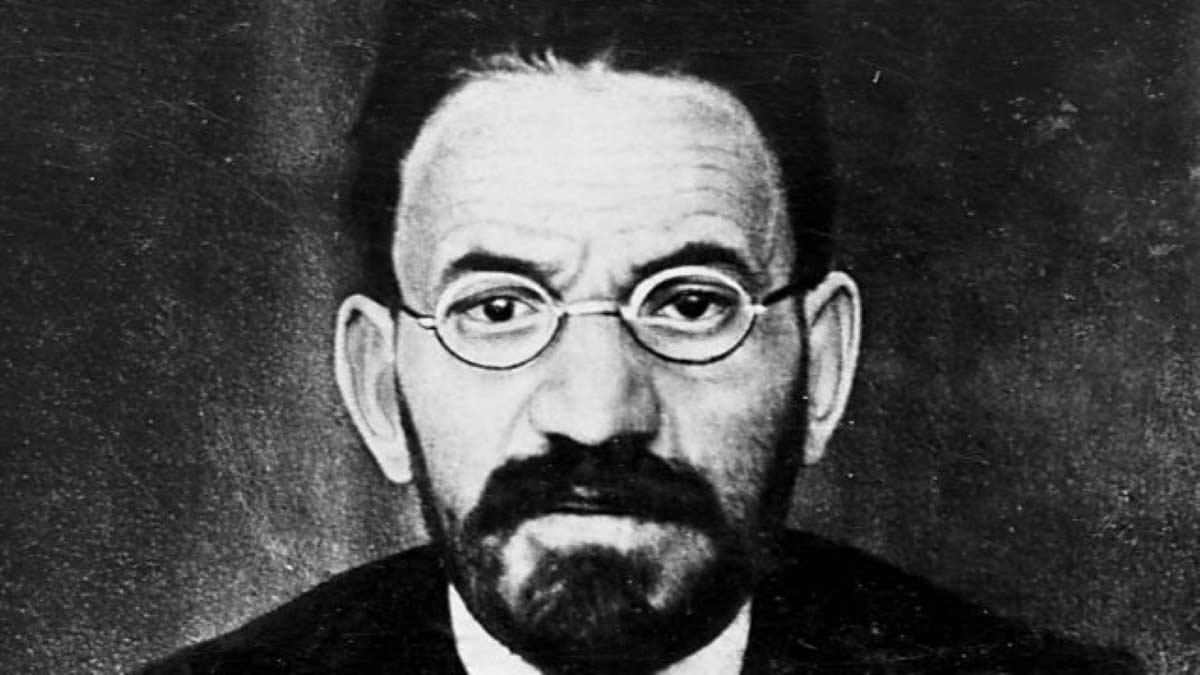
Many critics accused Rozanov of anti-semitism. In reality, like everything else, his thoughts on Jews were paradoxical. He wrote many works discussing Jews and their traditions, including Judaism (1903), Jehovah’s Jewish Angel (The Sources of Israel) (1914), and Close to Sodom (1914). But many accuse him of anti-semitism due to the Beilis Case.
In 1911, a young boy was stabbed to death and left naked in a cave in Kyiv. The locals believed it was a ritualistic murder connected with the Jewish community. A Jewish man called Menahem Mendel Beilis was accused and imprisoned, where he waited two years for a trial. While many famous Russians, such as Maxim Gorky and Leo Tolstoy, condemned this accusation, Rozanov was on the other side.
He wrote numerous articles on the murder, arguing that although he wasn’t sure that the killing was a Jewish blood ritual, it was highly likely. Many people tried to sabotage the investigation against Beilis. Luckily, Detective Nikolay Krasovsky, who was fired from the case previously, managed to find the real murderers. The Beilis case left a significant mark on Russia, and Rozanov’s view was shaped by Russian political turmoil and the anti-semitism of the time.
After all, Rozanov respected the Jews’ strength and saw the significance of their religious practice. He was impressed by the things they had gone through over the centuries. His first essay collection, On Understanding and later work The Apocalypse of Our Time are examples of his praise and recognition of the Jewish tradition.
The Legend of the Grand Inquisitor
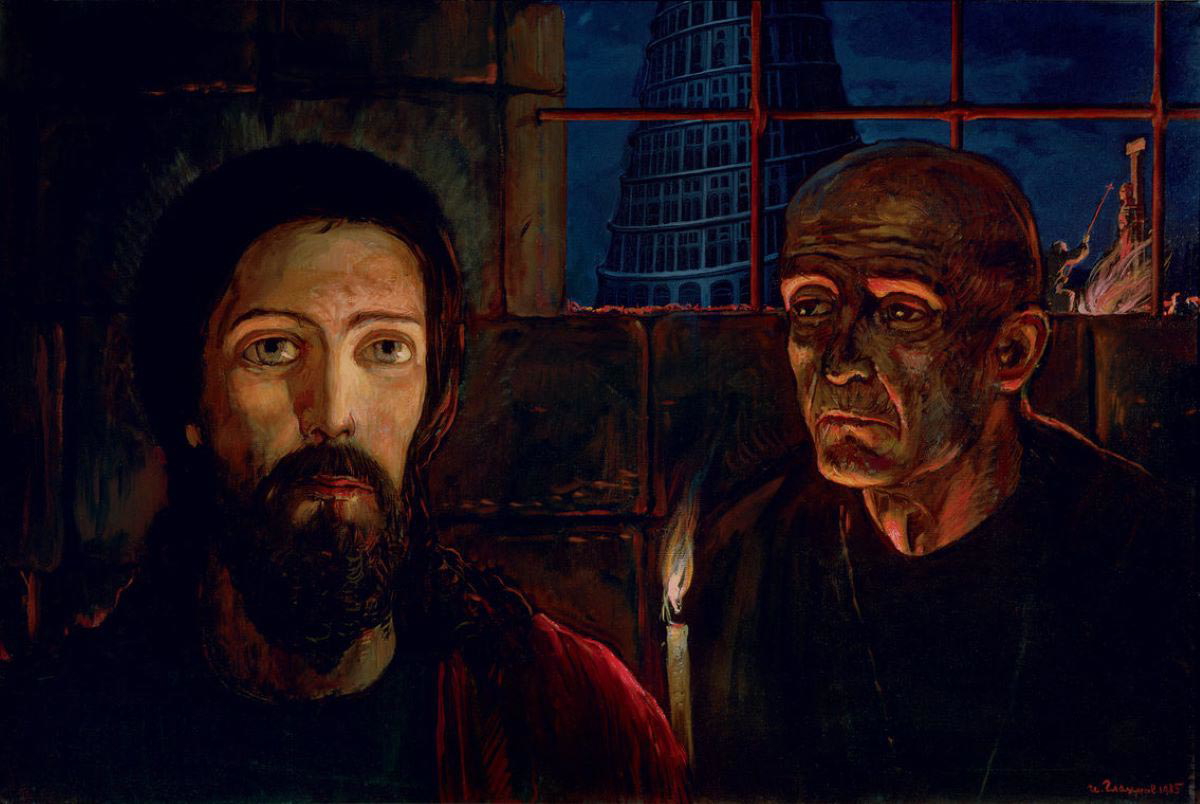
Rozanov’s most famous work is undoubtedly The Legend of the Grand Inquisitor. In his literary writings he was greatly influenced by Dostoevsky, and here he tries to grasp the essence of a single chapter from Dostoevsky’s novel The Brothers Karamazov, entitled “The Grand Inquisitor.” Rozanov managed to get to the core of this story and its importance for the whole book. But he also opened up some questions along the way, particularly concerning good and evil, faith and disbelief, and man’s destiny.
In this chapter of Dostoevsky’s novel, Rozanov recognized his own ideas and thoughts. The chapter follows Jesus as he returns to Earth during the Spanish Inquisition and is arrested by the Grand Inquisitor. The two men then have a significant conversation on freedom and the existence of people. Rozanov saw in this parable the critique of institutional religion, which takes away freedom from men. He did not represent the Inquisitor as a villain. Instead, he tried to present the conversation between him and Jesus as a meaningful one of the importance of each person’s personal, mystical faith experience.
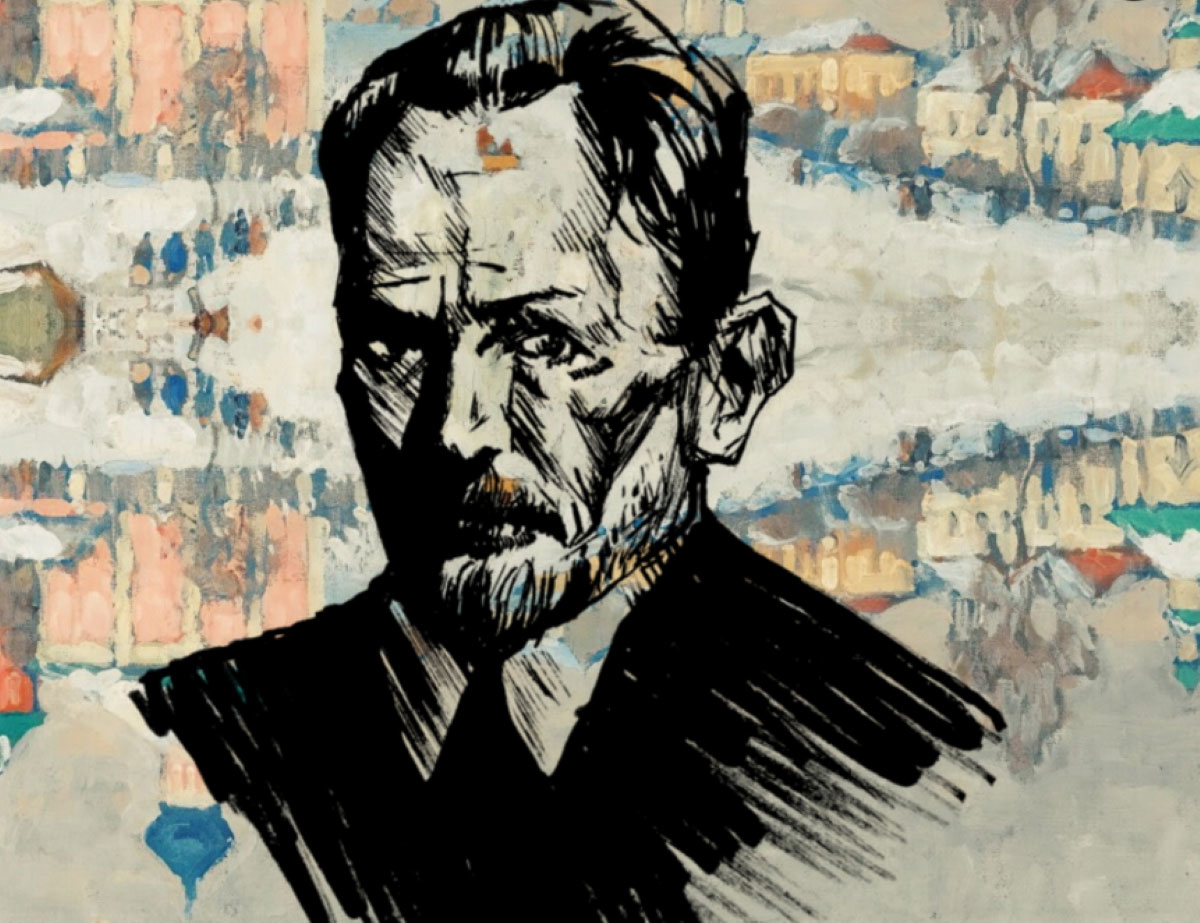
Rozanov was an extraordinary writer. But even now, his writing style remains a problem for critics. There is little in the way of criticism about Rozanov that would explain his thinking in a way everyone would agree upon. We said he was very contradictory, but so are the studies and articles about him. So, if you want to learn more about Vasily Vasilyevich Rozanov, be careful.
